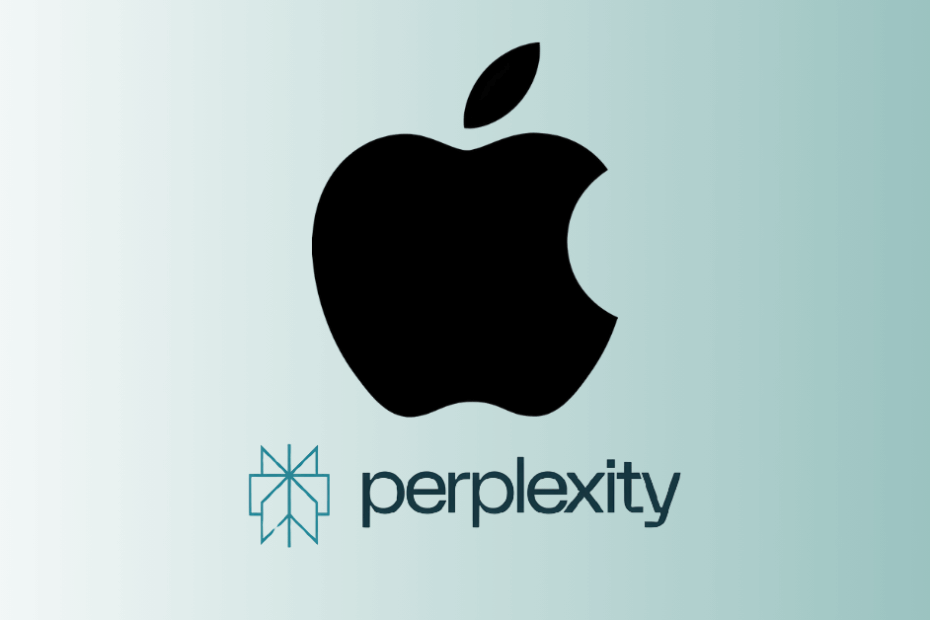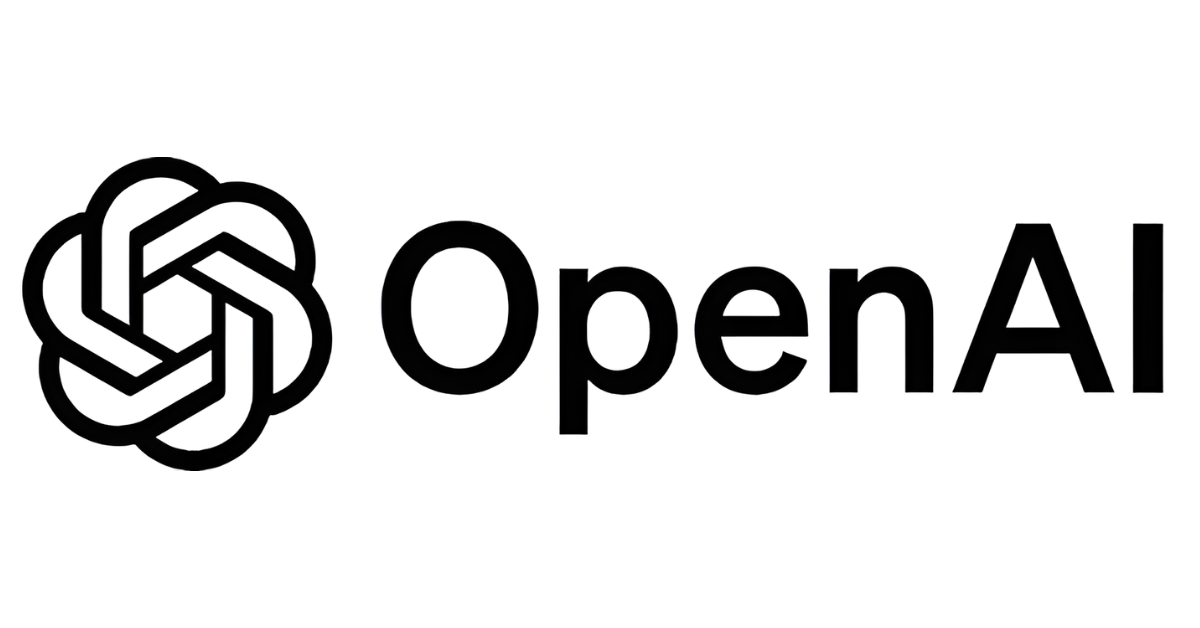A potential multiple billion dollars bid for the AI startup Perplexity is the subject of high-level internal discussions at Apple, a move that could mark the largest acquisition in the tech giant’s history. These exploratory conversations, involving key figures like mergers and acquisitions chief Adrian Perica and services head Eddy Cue, highlight the critical importance of artificial intelligence as Apple confronts a pair of significant threats to its bottom line and technological relevance.
Check Out: Apple’s AI Crossroads
A Partnership Under Siege
At the heart of Apple’s considerations is a looming threat to its long-standing and highly profitable relationship with Google. The U.S. Department of Justice is pursuing an antitrust lawsuit that could dismantle the agreement making Google the default search engine on Safari.
This deal funnels an estimated $18 to $20 billion directly to Apple each year, a sum that represents as much as 16% of the company’s annual operating profits. An unfavorable court ruling could erase this substantial revenue stream, leaving a significant financial hole for Apple to fill.
Compounding this legal jeopardy is a fundamental shift in how users seek information. During court testimony, Apple’s Eddy Cue made a striking admission: for the first time, search volume within the Safari browser has started to decline. He pointed to the rise of AI-driven “answer engines,” such as Perplexity AI, as the cause.
This trend suggests that the core technology of traditional search is losing ground to more direct and efficient AI models, forcing Apple to seek not just a replacement for lost income, but a successor to an aging technology.
The Rise of the “Answer Engine”
Launched in August 2022 by a team of former engineers from Google Brain, OpenAI, and DeepMind, Perplexity AI has rapidly emerged as a formidable competitor in the search landscape. Rather than presenting a simple list of blue links, Perplexity operates as an “answer engine.” It leverages large language models to synthesize information from across the web and deliver a single, comprehensive answer, complete with source citations. This approach directly addresses the desire for efficiency that Cue identified in his testimony.
The market has responded with considerable excitement. Perplexity’s valuation has soared to a reported $14 billion, with backing from influential investors including Jeff Bezos, Nvidia, and Databricks. The startup is already generating close to $100 million in annual recurring revenue, and its query volume surged by more than 20% month-over-month in May 2025. This explosive growth has turned Perplexity into a highly sought-after prize, with reports indicating that Meta has already made a failed attempt at an acquisition.
A Critical Juncture for Apple
Apple’s interest is also fueled by its own challenges in the artificial intelligence space. The company has been widely viewed as playing catch-up in the generative AI boom. Furthermore, a highly anticipated overhaul of its digital assistant, Siri, has been hampered by major delays and changes in leadership.
Acquiring a mature and respected platform like Perplexity would allow Apple to leapfrog many of its internal development hurdles and instantly onboard a team of world-class AI experts.
This situation leaves Apple at a crossroads with two potential paths. A full acquisition would be the fastest way to integrate the technology into its ecosystem, but the unprecedented cost would guarantee intense scrutiny from antitrust regulators.
The alternative, a strategic partnership, would be a less risky and more affordable option. However, it would leave a core component of its user experience in the hands of a third party.
The pressure to decide is amplified by news that Perplexity is in advanced discussions with Samsung, Apple’s primary rival in the smartphone market, about integrating the AI into its own devices.





